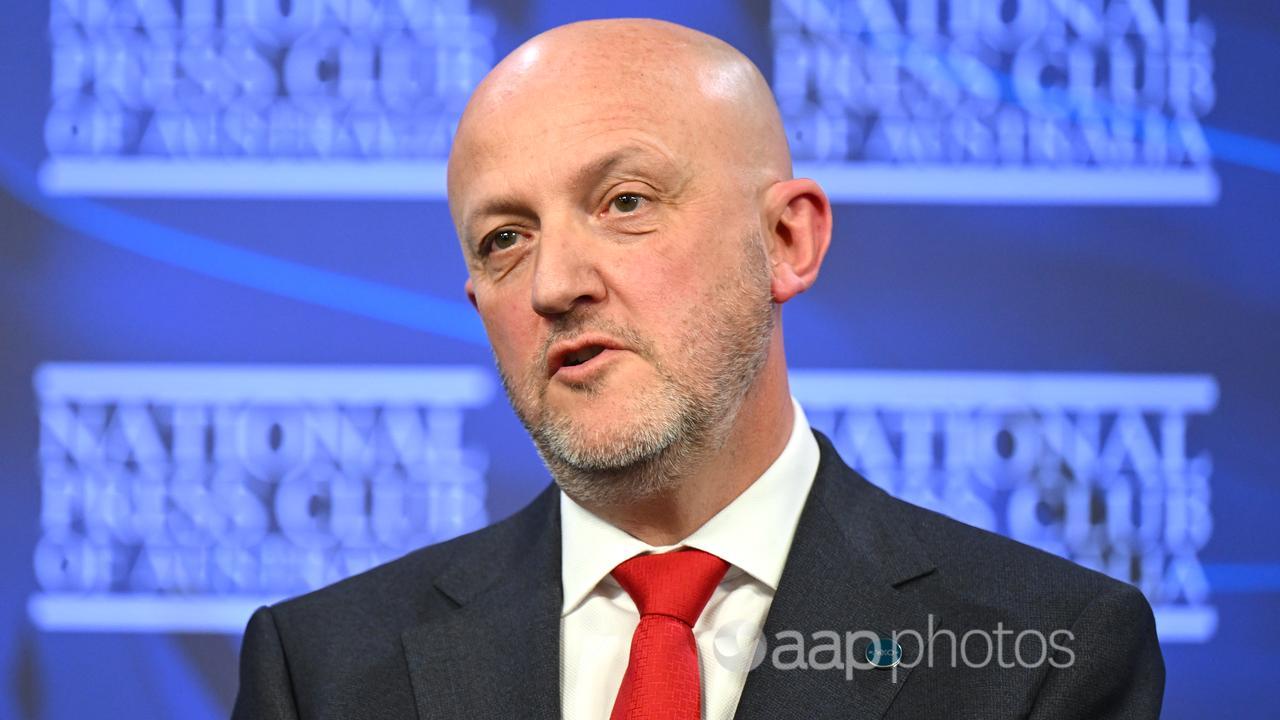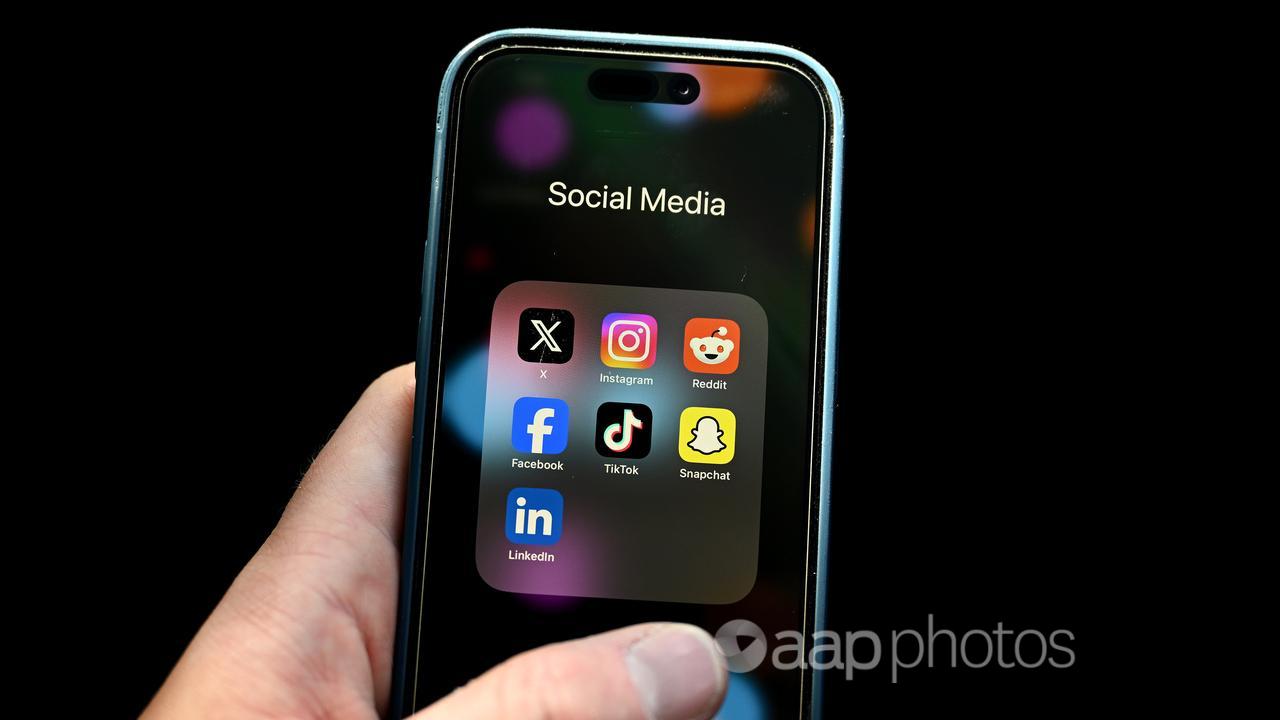Attempts by Australian spy agencies to gain access to encrypted messages on social media platforms could lead to a “whack-a-mole” scenario where extremists migrate to different sites, cyber experts say.
ASIO director-general Mike Burgess has told a parliamentary inquiry into right-wing extremism the spy agency is struggling to convince social media companies to help access encrypted messages as part of criminal investigations.
Mr Burgess told the inquiry despite repeated pleas, platforms were not budging.
He warned a lack of access could lead to extremist attacks in Australia, with fears young people have been radicalised and are communicating using encrypted messaging apps.

Cyber security professor at Edith Cowan University Paul Haskell-Dowland said while it would be simple for social media companies to hand over the data, doing so would likely compromise its standing with its users.
It was likely users of those platforms would leave for other sites, including suspected extremists.
“It’s a very whack-a-mole situation. Other providers will pop up and replace what’s considered to be a compromised service,” he told AAP on Thursday.
“In order to (access encrypted messages by security agencies) you would have to introduce some kind of vulnerability or backdoor, and given the increase focused on cyber security from the government, there’s a dichotomy.”
Prof Haskell-Dowland said many users of messaging services like WhatsApp or Signal had signed up on the basis of the communication being encrypted between users.
“(Social media companies) are all very conscious of the public perception of security.”
Mr Burgess on Wednesday said the appeals to social media companies would not mean ASIO would have access to everyone’s conversations.
Instead they would apply to individuals under investigation in a “limited set of circumstances”.
The ASIO chief said right-wing extremism was an increasing threat with concerns young people were being radicalised.
“I’m deeply concerned that we are seeing young Australians, some barely in their teens, hanging Nazi flags and portraits of the Christchurch killer on their bedroom walls,” Mr Burgess said.
“In recent months, there have been several disturbing incidents involving minors who may adhere to nationalist and racist violent ideologies.”

University of Melbourne school of computing associate professor Toby Murray said requests by ASIO and other agencies to access encrypted communication would alter how the platforms operate and pitch themselves to users.
“If ASIO is going to (WhatsApp parent company) Meta and saying ‘we want you to give access to messages’ … then they’re asking Meta to make a big or fundamental change to WhatsApp,” he said.
“In the IT industry, we don’t know how to build a system like WhatsApp that would allow ASIO to read suspects’ messages but that would not then weaken that privacy for everyone else too.”
Mr Burgess told the inquiry ASIO was continuing to speak with industry partners but had made “little progress”.
“These are violent extremists who, one day, one of them will likely kill someone, and come the coronial inquiry or the police investigation, we will discover we were unable to get in there and get that intelligence,” he said.
“That is going to be a hard day. I don’t think that day’s too far away, so we’re asking for help.”




















